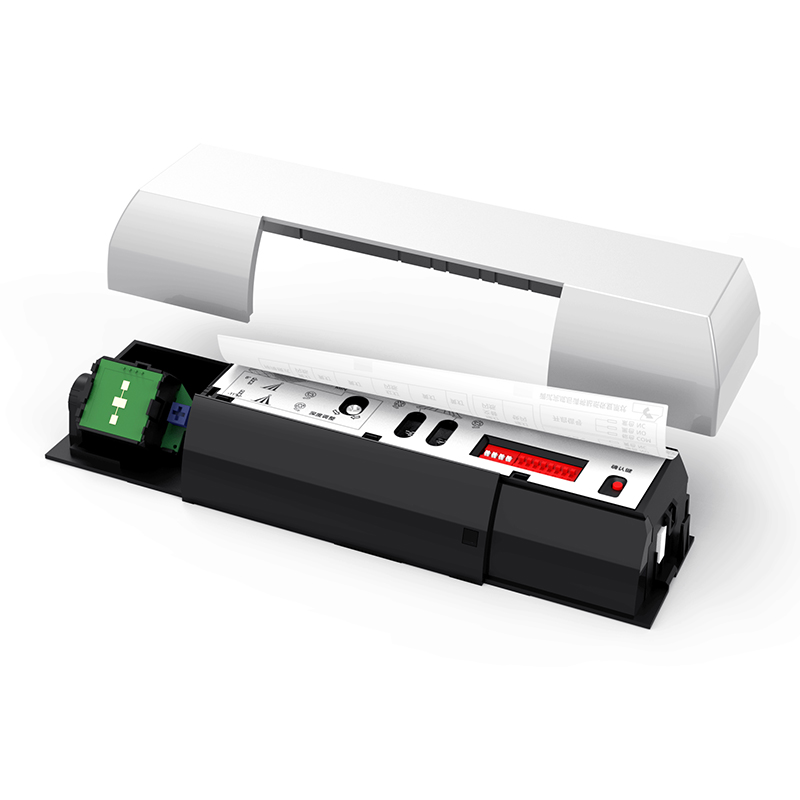What are some real-world applications of automatic door infrared sensors beyond commercial entrances?
Automatic door infrared sensors have long been associated with commercial entrances, providing hands-free access to shops, offices, and public buildings. However, the utility of these sensors extends well beyond the business world. In this article, we will explore the real-world applications of automatic door infrared sensors in various settings, showcasing their versatility and convenience.

1. Healthcare Facilities
In healthcare settings, infrared sensors play a crucial role in ensuring hygiene and infection control. They are often used on restroom doors, allowing staff and patients to enter and exit without touching handles, reducing the risk of germ transmission. In patient rooms, these sensors can also be used to automatically open and close curtains for privacy and light control.
2. Hospitals and Laboratories
In sensitive environments like hospitals and laboratories, maintaining a controlled atmosphere is essential. Infrared sensors are employed in airlock doors and cleanrooms to prevent contamination and maintain air pressure differentials, which are critical for research and patient care.
3. Residential Homes
Automatic door infrared sensors have found their way into residential settings, offering convenience and accessibility. They are used on sliding glass doors, garage doors, and even within homes for hands-free access to rooms, making life easier for people with limited mobility or when carrying groceries.
4. Public Restrooms
Beyond commercial establishments, public restrooms are incorporating automatic door sensors to enhance hygiene. These sensors are particularly helpful in high-traffic areas, reducing the need for physical contact with frequently touched surfaces.
5. Elevators and Elevator Doors
In elevator systems, infrared sensors are used to detect when passengers approach or exit the elevator. This feature not only increases convenience but also enhances safety, preventing doors from closing on passengers.
6. Hotels and Hospitality
In the hospitality industry, infrared sensors are applied to automatic sliding doors and entranceways. They provide a touchless and welcoming experience for guests, making check-in and check-out procedures smoother and more efficient.
7. Educational Institutions
In schools and universities, infrared sensors are used to control access to various areas, including classrooms and laboratories. They help manage foot traffic and improve security by ensuring that only authorized individuals can enter specific locations.
8. Retail Displays
In retail, infrared sensors are employed for interactive displays. They can detect customer movement and trigger multimedia content or product information to engage shoppers and enhance the shopping experience.
9. Public Transit
In the public transportation sector, infrared sensors are utilized in buses, trams, and trains. They trigger automatic doors for passenger entry and exit, ensuring efficient and safe transit operations.
10. Museums and Galleries
Cultural institutions often employ infrared sensors to control access to exhibits or gallery rooms. These sensors can ensure that visitors move through the space systematically, enhancing the visitor experience and protecting valuable art and artifacts.
Conclusion
Automatic door infrared sensors have evolved from their commercial entrance origins to offer a wide array of applications in various real-world settings. Their touchless and convenient operation not only simplifies access but also contributes to hygiene and security. Whether in healthcare facilities, residential homes, educational institutions, or public transit, these sensors continue to play a vital role in improving our daily lives and enhancing the functionality of diverse environments.







